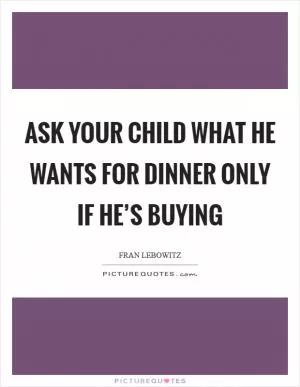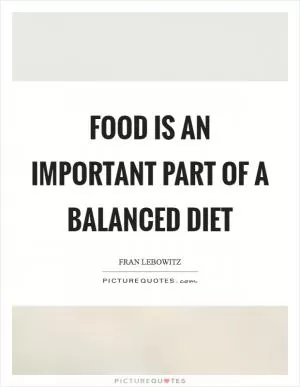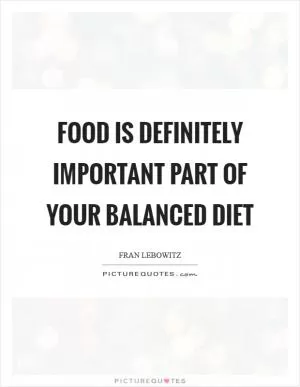Remember that as a teenager you are in the last stage of your life when you will be happy to hear the phone is for you

Remember that as a teenager you are in the last stage of your life when you will be happy to hear the phone is for you
Fran Lebowitz, the renowned author and social commentator, has often been quoted as saying, "Remember that as a teenager you are in the last stage of your life when you will be happy to hear the phone is for you." This statement encapsulates the essence of adolescence - a time of transition, self-discovery, and fleeting moments of pure joy.During the teenage years, the phone ringing was a source of excitement and anticipation. It was a lifeline to the outside world, a means of connecting with friends, and a gateway to endless possibilities. The sound of the phone ringing was like music to the ears of a teenager, signaling the potential for adventure, laughter, and shared experiences.
In today's digital age, where communication is primarily conducted through text messages and social media, the thrill of hearing the phone ring may seem like a relic of the past. However, the sentiment behind Lebowitz's words remains relevant. The teenage years are a time of heightened emotions, intense friendships, and a sense of invincibility. The phone ringing was a symbol of validation, a reminder that someone out there cared enough to reach out and connect.
As teenagers navigate the complexities of adolescence - grappling with identity, relationships, and the pressures of school and society - the simple act of receiving a phone call can provide a much-needed respite from the chaos of everyday life. It was a moment of pure joy, a brief interlude of happiness in an otherwise tumultuous time.
Lebowitz's words serve as a poignant reminder of the fleeting nature of youth. As teenagers grow older and transition into adulthood, the innocence and exuberance of youth give way to the responsibilities and realities of the adult world. The joy of hearing the phone ring may be replaced by the stress of work emails, the demands of family, and the pressures of everyday life.












 Friendship Quotes
Friendship Quotes Love Quotes
Love Quotes Life Quotes
Life Quotes Funny Quotes
Funny Quotes Motivational Quotes
Motivational Quotes Inspirational Quotes
Inspirational Quotes